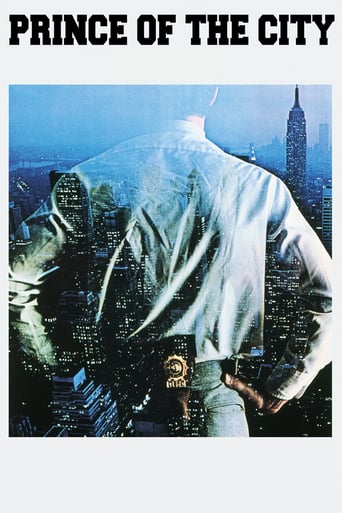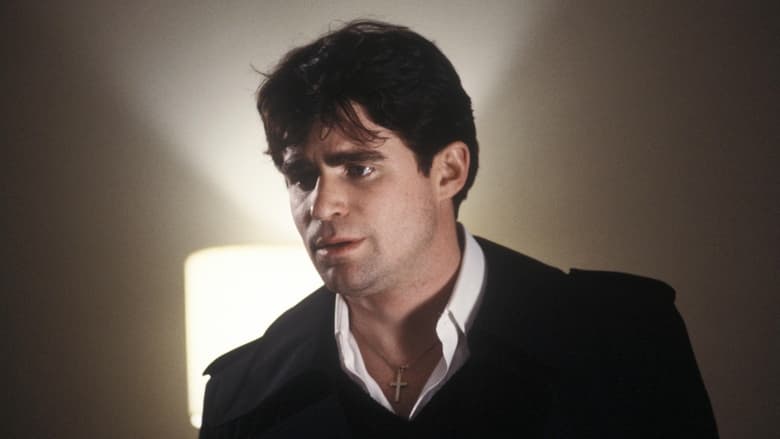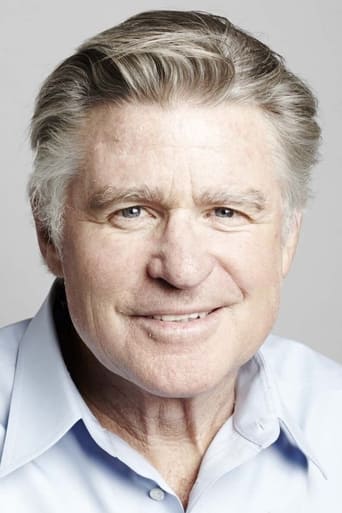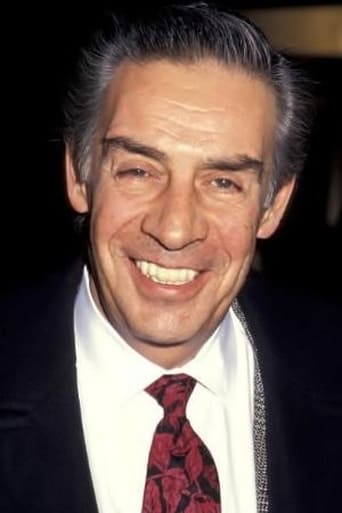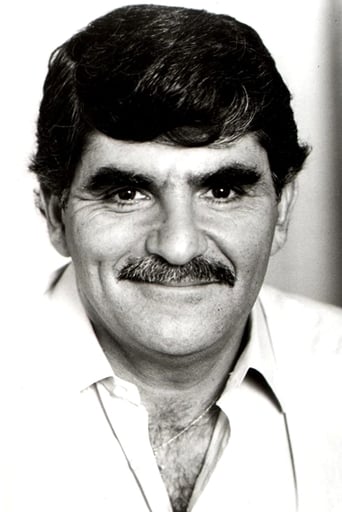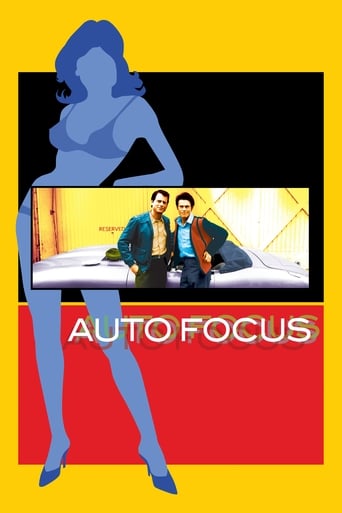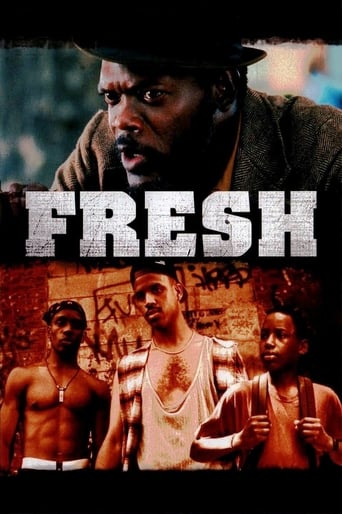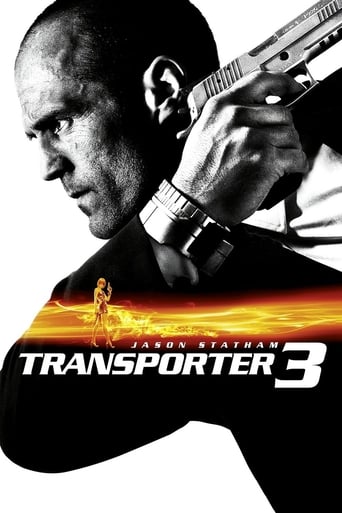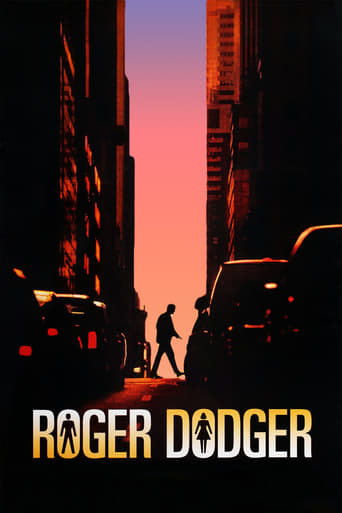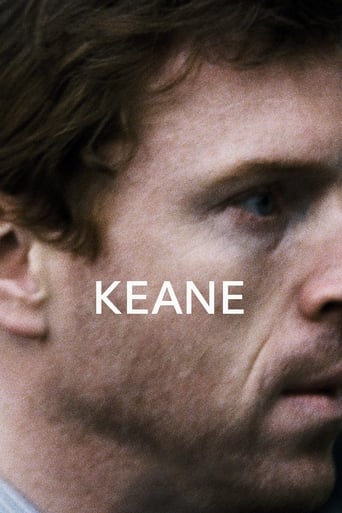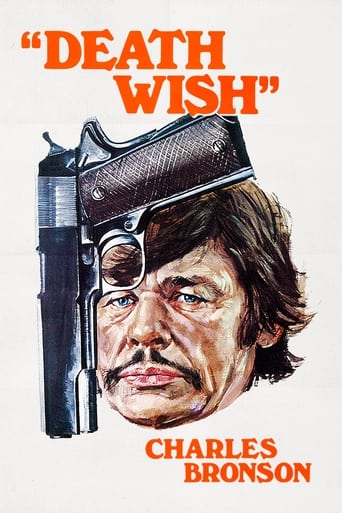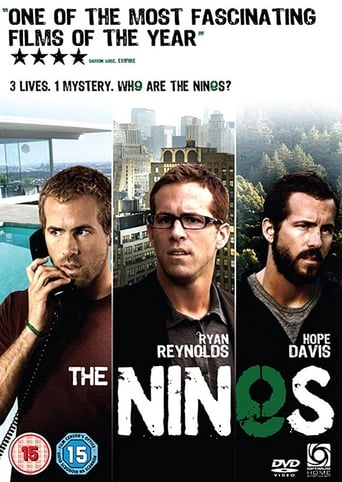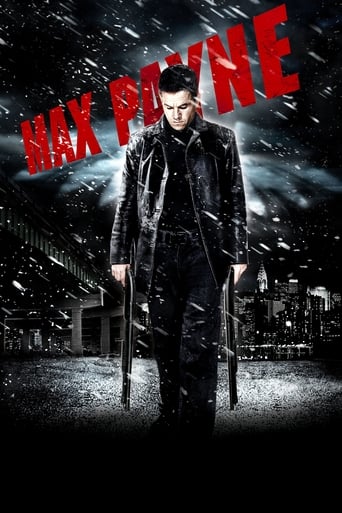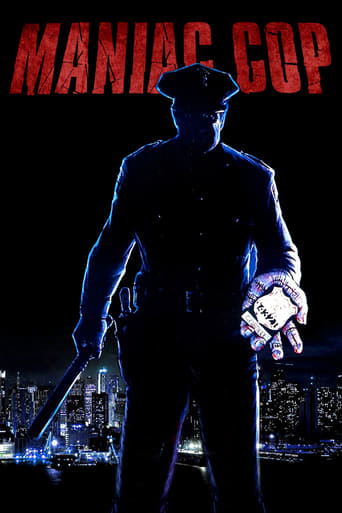Prince of the City (1981)
New York City detective Daniel Ciello agrees to help the United States Department of Justice help eliminate corruption in the police department, as long as he will not have to turn in any close friends. In doing so, Ciello uncovers a conspiracy within the force to smuggle drugs to street informants.
Watch Trailer
Cast


Similar titles
Reviews
Coming in at thee hours,Prince of The City must rate as one of the longest films I've seen; and it's certainly one of the best New York cop thrillers out; maybe one of the best cop thrillers, period. Sidney Lumet picks up and develops from the earlier themes he started with Al Pacino in Serpico - although the moral certainties displayed in that film are noticeably absent here.Based on Robert Daley's novel of the same name, and the experiences of cop turned crime novelist - lecturer the late Bob Leuci, Prince of The City makes compelling viewing. Detective Danny Ciello of NYPD's Special Investigation Unit - specialising in narcotics and organised crime; working city wide with no external supervision, one character notes, starts to experience a series of qualms about the more ''unorthodox' aspects of his work. After a couple of false starts, he agrees to cooperate with a federal commission, under the illusion he can pick and choose his targets and keep his partners in the clear.He soon finds that much more will be expected of him and that his new colleagues are neither reliable or trustworthy.Treat Williams puts in a first class performance as the increasingly tormented Ciello, the late Jerry Orbach is a powerhouse as the partner (one of several) he will betray. Danny's decisions have tragic implications for his family, colleagues and associates. Yet his hands are not clean - sooner or later he will have to face the consequences of some earlier actions....despite his less than truthful accounts.Prince of The City protrays the problems of policing a big city, perhaps any big city, with a gritty realism that most police procedurals only dream about - perhaps rivalled only by The French Connection. It's a having an exhaust journey into man's descent into a foggy morass of grey morality, where nothing is what it appears...and the uncertain redemption that follows.
Just finished watching this, and I was pleasantly surprised by what it had to offer. All of the characters portrayed were done so with just the right amount of depth, respect and for lack of a better word.. Love. It's quite an interesting story of a tightly knitted group of cops who went a little bit too far, and for one of them, it became too much of a burden, yet he still has to remain loyal to his fellow officers.The movie plays like a halfway gangster, halfway courtroom - drama. And also contains a perfect amount of emotion in my opinion.I would recommend this to anyone who is interested in undercover cop movies, courtroom dramas, gangster movies and law and order in general.
At one point one of the characters of "Prince of the City" quotes this: "The law means everything to me and if any arm of the law is corrupt nothing can work, nothing. It is simple as that." But both the movie and the real life seems to proof that the law is a body and the arms of the law has too many hands, too many fingers and they always want more than they can and should carry, they don't follow what the brain says: don't be corrupt, respect the honor code and things like that. In the story all the parts (police officers, detectives, district attorneys) works on different levels, one team doing the right thing and the other being corrupt, stealing and other assorted things. But in the story there will be one guy who has the proof to others and to himself that he can change things and make the law work again even though he was part of the wrong side.Sindey Lumet's second installment on the dark side of the law is "Prince of the City" whose story resembles "Serpico" and "Night Falls on Manhattan", both of these films telling stories about the lack of ethics of police detectives on law's duty. It tells about good people who want to bring these people to court and judge them for their crimes. The movie was taken of a real case. Treat Williams plays Daniel Ciello a corrupt police detective approached by a prosecutor (Norman Parker) to catch another detectives like him involved with the Mafia and other unethical behavior and bring them to trial. This detective is reluctant, nervous about what he's going to do, only accepting the task with one condition: he won't rat any of his friends, they must be out of the investigation. But that seems to be impossible. Daniel will be spiraling out of control while investigating another police officers, detectives, drug dealers, mobsters, recording their conversations but the D.A.'s office wants more and more names and some of Daniel's friends might get burned. Will Daniel survive to all this pressure?By hearing the plot you'll think that the film is filled with clichés and it has some, but for the most part "Prince of the City" stays in a original presentation of facts on a thrilling story that goes for almost three hours without boring the viewer. Here's a story about a guy who wants to get some redemption over his corrupt and criminal past trying to do the right thing, but he always see that doing the right thing is not so easy, and probably he'll disappoint his friends and family by investigating another cops. Treat Williams has a incredible performance playing this tough guy who has a Shakespearian dilemma and must fight against everything and everyone.The drama is very convincing, knows how to deliver some tense moments and it also has a strong but slightly sense of humor (the detectives meetings talks is a great example). Lumet did a terrific job here, among his best films of all time and I dare say that it is was better than "Serpico" even Lumet must think that because he always felt that "Serpico" was one dimensional, it didn't embraced the police work and the law work as a whole, it wasn't so much realistic. "Prince of the City" skilfully managed to get all that, presenting a deep and powerful statement over both sides of the law. Among the best moments of the film I select Daniel's testimony on court about the things he made and seen while on duty, and the prosecutors reunion trying to decide Daniel's future, having one side against him, quoting that he's a criminal and other supporting him, saluting this man's good work for them. These two moments are perfectly alternated between each other (thanks to a great editing), creating a extraordinary effect on the viewer.The supporting cast includes good performances of Jerry Orbach, Bob Balaban, Richard Foronjy, Lance Henriksen, Lane Smith, Lindsay Crouse, James Tolkan, Norman Parker (he should've obtained a Oscar nomination for his role), one cameo by Alan King and one small scene featuring a very young Cynthia Nixon. This a truly case of a great but underrated movie. 9/10
"The law doesn't know the streets." But that doesn't mean that blurring the lines of the law is necessarily a good thing. Many law officials criticized this film during its release, perceiving it as glorifying its corrupt cops and vilifying the prosecutors who toiled to convict them. That is not what the film does. There are no black and white hats here. The story divides its characters into two sides, yes, but they are all struggling throughout to assert a concrete ideology within the oceanic gray area that is the law, and the good and evil it represents.The axis of the film is that Danny Ciello will not inform on his partners. Outside of his wife and kids, who know them like uncles, they are the only people who care about him. He will make the deal to talk about the involvement of narcotics in the corrupt activities of other cops, but not his dear and implicitly loyal friends. As we watch this movie, it is about narcs and New York City crime, but Sidney Lumet wants the underpinnings to be just as visible, how in a corrupt world, one cannot go straight without burning cherished bridges.Lumet gets to the heart of the war on drugs. And we see how it is, was, and will continue to be an utter failure. Addicts depend on the drug. Police depend on the continuation of the trade to uphold their status, and if not their status, their basic living condition. They know that if addicts are going to cooperate with them, they need their drugs. They know that if the courts are going to cooperate with them, drugs must be confiscated and accounted for. They know why they became cops, but they also know more than anyone else on their theoretical side of the law how miserable life is for a junkie. This is a lonely, dangerous and thankless dichotomy of a 24-7 job that's never finished, and if they want to skim a little drug money, that's their way of making it feel more worthwhile.Because Danny Ciello, based on New York cop Bob Leuci, who cooperated in a 1971 internal affairs investigation, is such a demanding and grueling role, almost always on screen in stressful, tiresome and emotional situations, I spent a good deal of the movie having trouble with the casting of Treat Williams. He was a no-name at the time, and that is what Lumet wanted, but there is something incongruously theatrical about Williams that is inconsistent with the rest of the actors. But he does convince us in the latter half of the film that he is falling to bits on account of his job, his testimony and the inextricable fate of the two that he will eventually have no choice but to rat on his friends.Prince of the City is a crime film, about cops, drug dealing, set in New York, and Lumet captures the gritty NYC streets of the 1970s that he encapsulated in Serpico and Dog Day Afternoon as if the era had never left. But it's not a violent film at all. There are many characters, hardly any of whom we really get to know beyond their legal and moral standpoints in the story. There is a later scene wherein a meeting of prosecutors debate whether or not a charge of perjury is justified. Its ethical issues are passionate and effective to us, but the verdict is a coin toss in the political climate. The movie answers none of the gray questions posed. It only threatens with possible scenarios.

